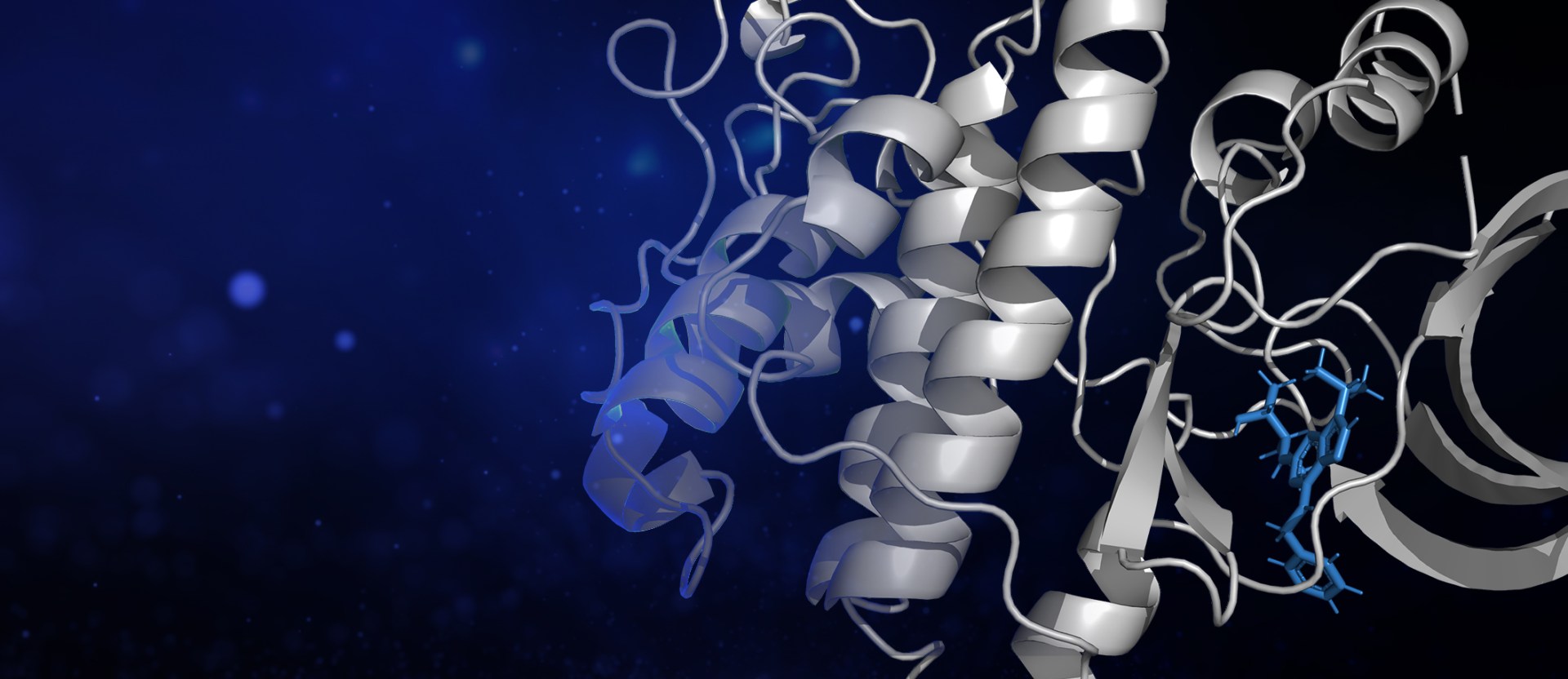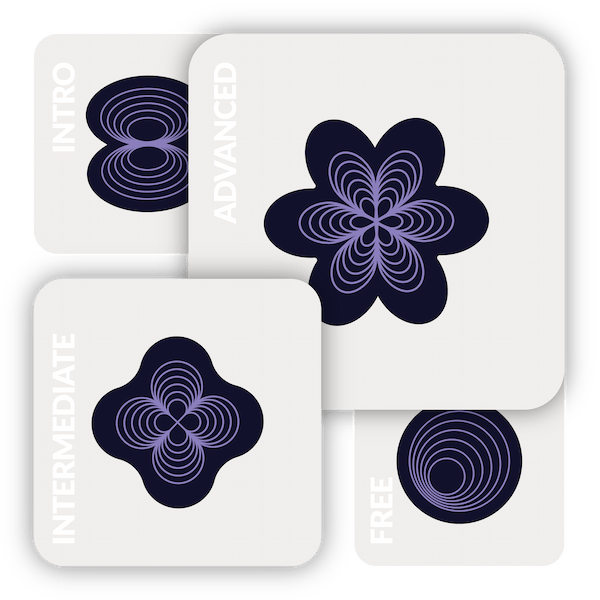Introduction to molecular modeling in drug discovery
Protein preparation, ligand docking, collaborative design, and other fundamentals of small molecule drug discovery with Maestro and LiveDesign

Protein preparation, ligand docking, collaborative design, and other fundamentals of small molecule drug discovery with Maestro and LiveDesign
Computational molecular modeling tools have proven effective in drug discovery and are increasing in use across the pharmaceutical industry. The drug hunters of today will continue to encounter molecular modeling throughout their careers making it critical to have a foundational understanding of the relevant tools and methods.
This course is ideal for those who wish to develop professionally and expand their CV by earning certification and a badge.
This course comes with access to a web-based version of Schrödinger software with the necessary licenses and compute resources for the course:

Use an industry-leading graphical user interface for small molecule modeling. Please note that there is no coding or scripting required to run modeling workflows in this course
Learn how computational tools are already being used on drug discovery projects, and basic theory behind some of the most common workflows
Best practices for protein and ligand preparation, structure and ligand-based virtual screening, and multi-parameter ligand optimization
Apply your skills in an open-ended case study where you design novel VEGR2 inhibitors using a collaborative enterprise informatics platform
Introduction to modeling and scene setting
Expectations surrounding academic integrity
Introducing the value of molecular modeling and case studies
Fundamental tasks in the Maestro user interface
Getting started and modifying small molecules
Viewing protein-ligand interactions
Structure-based virtual screening techniques
Ligand-based virtual screening techniques
Ligand-based virtual screening methods
Shape-based screening of a ligand database
Workflows and exercises in LiveDesign
Ideation for drug discovery projects, including building and analyzing data in LiveDesign
Case study on VEGFR2
Background on kinase structure and activity
We proudly support the next generation of scientists and are committed to providing opportunities to those with limited resources. Learn about your funding options for our online certification courses as a student, post-doc, or industry scientist and enroll today!

When you complete a course with us in molecular modeling and are ready to share what you learned with your colleagues and employers, you can share your certificate and badge on your LinkedIn profile.
Pricing varies by each course and by the participant type. For students wishing to take these courses, we offer a student price of $150 for introductory courses, $305 for the Materials Science bundle, and $870 for advanced courses. For commercial participants, the course price is $575 for introductory courses and $1435 for advanced courses and bundles.
The courses run on sessions, which range from 3-6 week periods during which the course and access to software are available to participants. You can find the course session and start dates on each course page.
Once the course session begins, all lectures are asynchronous and you can view the self-paced videos, tutorials, and assignments at your convenience.
Interested participants can pay for the course by completing their registration and using the credit card portal for an instant sign up. Please note that a credit card is required as we do not accept debit cards. Additionally, we can provide a purchase order upon request, please email online-learning@schrodinger.com if you are interested in this option. If you have any questions regarding how to pay for the course, please visit our funding options page.
Schrödinger is committed to supporting students with limited resources. Schrödinger’s mission is to improve human health and quality of life by transforming the way therapeutics and materials are discovered. Schrödinger proudly supports the next generation of scientists. We have created a scholarship program that is open to full-time students or post-docs to students who can demonstrate financial need, and have a statement of support from the academic advisor. Please complete the application form if you qualify for our scholarship program!
While access to the software will end when the course closes, some of the material within the course (slides, papers, and tutorials) are available for download so that you can refer back to it after the course. Other materials, such as videos, quizzes, and access to the software, will only be available for the duration of the course.
For the duration of the course, you will have access to a web-based version of Maestro, Bioluminate, Materials Science Maestro and/or LiveDesign (depending on the course). You do not have to separately purchase access to any software. While access to the software will end when the course closes, some of the material within the course (slides, papers, and tutorials) are available for download so that you can refer back to it after the course. Other materials, such as videos, quizzes, and access to the software, will only be available for the duration of the course. Please note that Schrödinger software is only to be used for course-related purposes.
What our alumni say